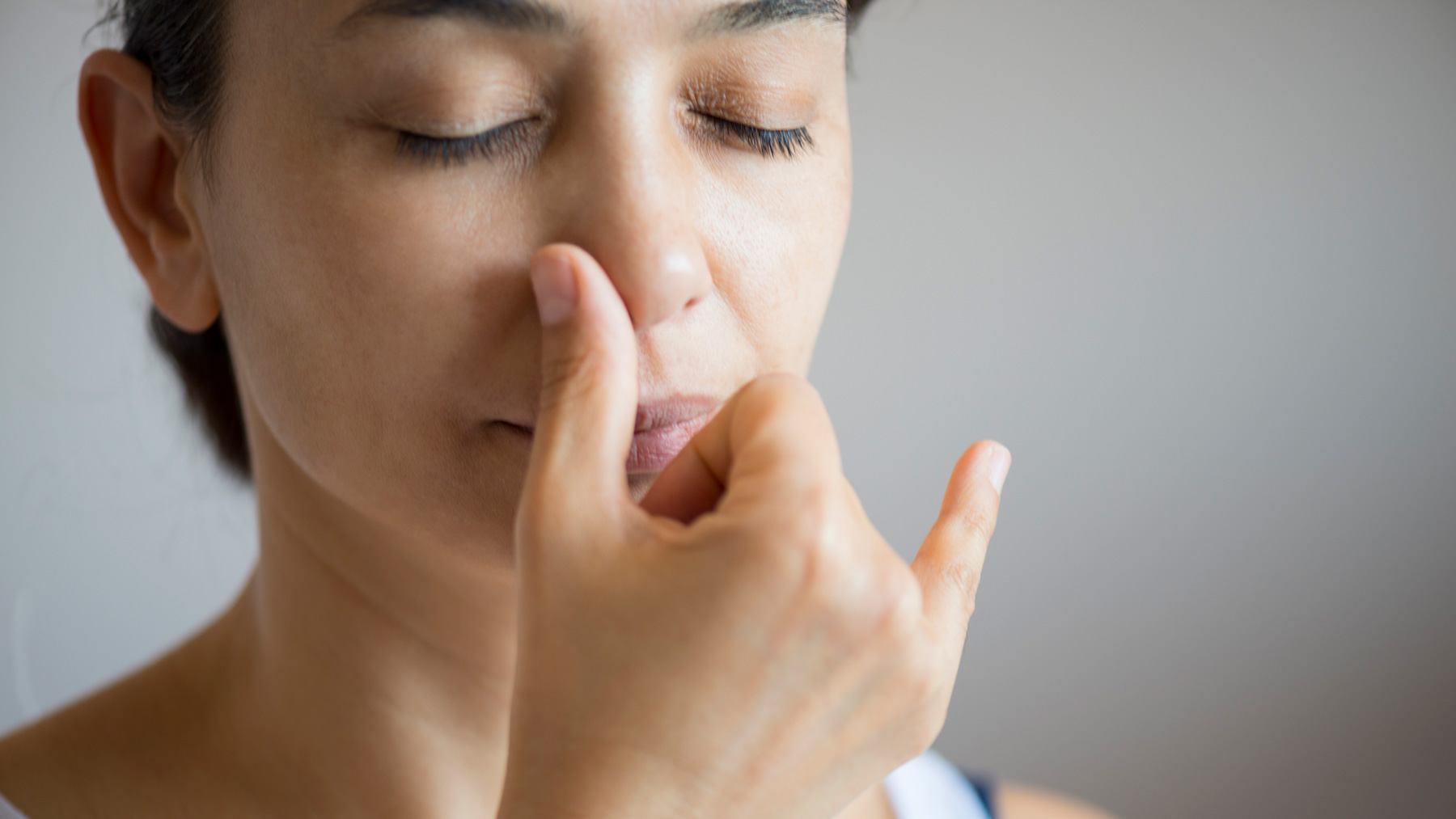Some COVID-19 patients report loss of smell or taste

Editor’s note: As what we know about COVID-19 evolves, so could the information contained in this story. Find our most recent COVID-19 blog posts here, and learn the latest in COVID-19 prevention at the Centers for Disease Control and Prevention.
A sudden loss of smell or taste may be a warning sign that a person could be infected by the new coronavirus, according to the American Academy of Otolaryngology and the World Health Organization.
COVID-19 is a new disease and we’re still learning how it spreads. We’ve learned that COVID-19 symptoms may vary and be similar to the flu and include a cough, sore throat, aches and pains, fever and fatigue.
Some of the earliest symptoms reported out of China and Italy relate to a loss of smell and taste.
As an otolaryngologist, here’s what these reports tell me about COVID-19: There’s a high amount of concentration in the nasal cavity and nasal pharynx, and the transmission rate is higher than with the flu and SARS.
You might have seen a story about this on NBC’s “Today” show. In fact, Dr. Kris Jatana, an otolaryngologist at The Ohio State University Wexner Medical Center, explained in that story that “our senses of smell and taste are closely linked together, and changes in these senses may occur from inflammation in the upper airway.”
Jatana noted that many other viruses can affect our sense of smell and taste. But he also pointed out that if a person loses these senses, yet isn’t suffering from other conditions such as sinusitis or rhinitis, “the possibility of a COVID-19 infection should be considered by medical professionals.”
That’s sound advice in this interesting time. The COVID-19 situation is like working in a lab. We’re responding with procedures that were last week published as studies in the Journal of the American Medical Association just last week. As we learn, information changes, and the way we practice medicine is going to change.
Some people may notice that a loss of taste or smell is the only symptoms they’re feeling. This may represent an early stage of COVID-19. Or it may indicate a less-severe route of the virus. Maybe there are different strands of the virus circulating; we just don’t know.
There’s a lot we don’t know about the coronavirus in terms of great evidence. We’re using anecdotal evidence and, when it comes to making recommendations for the public, you don’t want to give people a false sense of security.
So, if you experience a sudden loss of smell or taste, be on the alert. Be sure to practice social distancing, which helps stop the spread of any virus. And wash your hands.
If you think you’ve been exposed but aren’t sure
Self-monitor for symptoms for 14 days after exposure. Call your primary care provider if you experience COVID-19 symptoms.
If you have symptoms
Stay home. Don’t go into work. Avoid spreading the virus to others.
If you think you have COVID-19
Stay home and call your doctor’s office, urgent care or telehealth line. They can advise you on whether you need medical care.
If you do need care, wear a face mask when you leave your home, if you have one available.
Contact your primary care physician. If you don't have one, call the Ohio Department of Health: 1-833-427-5634, or your state department of health.
Get medical attention immediately if you experience:
- Difficulty breathing or shortness of breath
- Persistent pain or pressure in the chest
- New confusion or inability to arouse
- Bluish lips or face
Alexander Farag is a head and neck surgeon at The Ohio State University Wexner Medical Center and an assistant professor at The Ohio State University College of Medicine.




